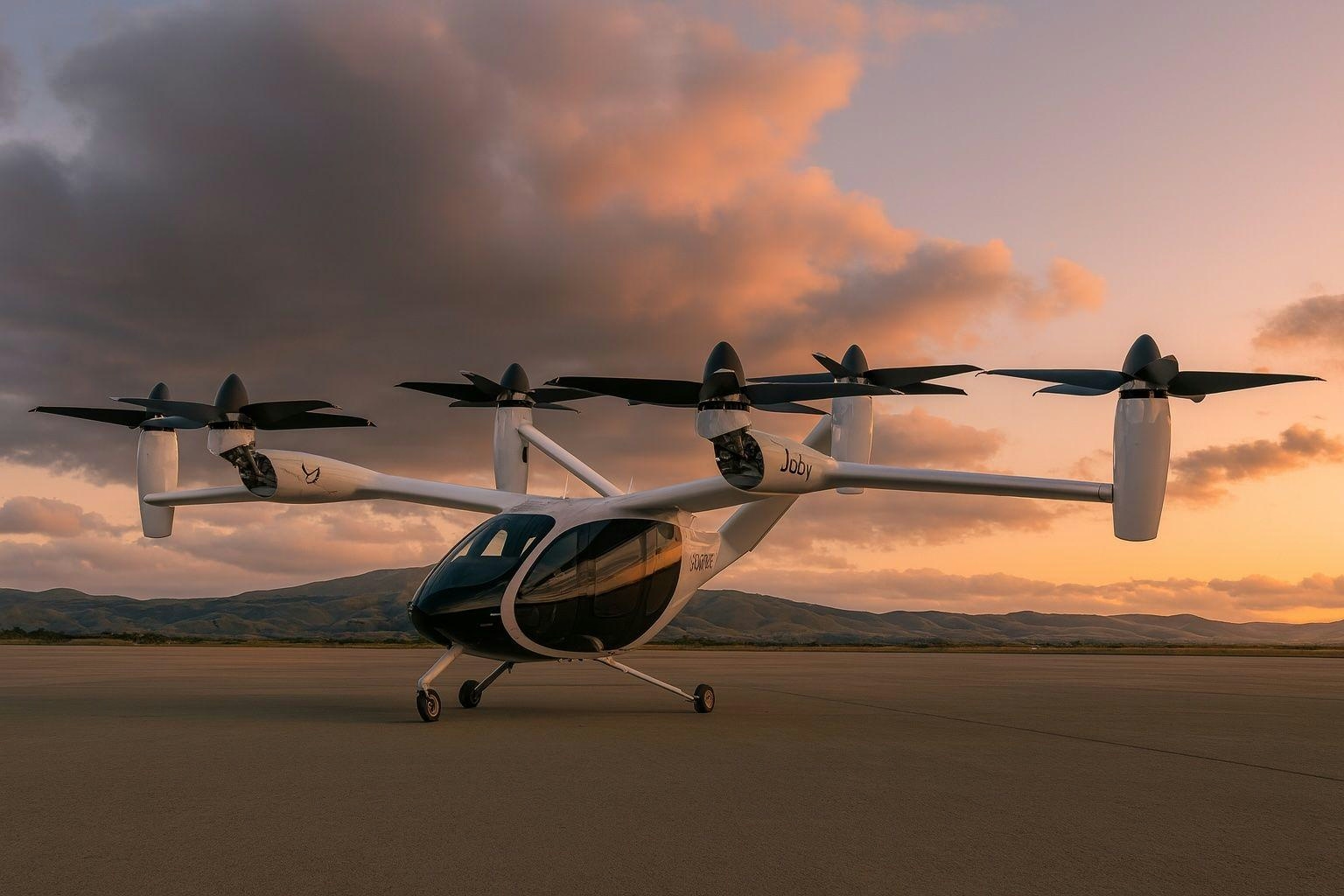AeroGenie — Ihr intelligenter Copilot.
Trends
Categories
EASA Survey Finds Aviation Industry Cautiously Optimistic About AI

EASA Survey Reveals Aviation Industry’s Cautious Optimism Toward AI Integration
A recent survey conducted by the European Union Aviation Safety Agency (EASA) indicates that aviation professionals maintain a cautiously optimistic stance regarding the integration of artificial intelligence (AI) within the sector. While acknowledging AI’s potential to enhance operational efficiency and safety, respondents expressed significant concerns related to privacy, safety, regulatory oversight, and the risk of de-skilling among human operators. These findings mirror broader trends observed in other technology-driven industries such as defense and cloud computing, where AI adoption is prioritized but accompanied by persistent challenges and competitive pressures.
Survey Insights and Industry Concerns
The survey, conducted in January 2024, collected responses from 231 aviation professionals who evaluated eight hypothetical AI application scenarios. Participants were asked to assess their comfort, trust, and acceptance levels regarding these scenarios. On average, the acceptance rating stood at 4.4 out of 7, reflecting measured optimism about AI’s benefits. However, nearly two-thirds of respondents expressed reservations by rejecting at least one proposed AI use case.
Key concerns highlighted by the survey included limitations in AI performance and reliability, data protection and privacy issues, accountability and oversight challenges, potential safety implications, and the erosion of human skills as AI assumes more operational responsibilities. The industry’s strong demand for robust regulation and supervision by EASA and national aviation authorities was a prominent theme. Many professionals emphasized that effective oversight is essential to safeguard safety standards and maintain public trust as AI becomes increasingly embedded in aviation operations.
Beyond regulatory and safety considerations, the survey also identified ongoing challenges such as interoperability between AI systems and effective data management. These issues are common across other sectors embracing digital transformation. The charter aviation segment, in particular, faces additional pressures from heightened market competition, taxation, and talent acquisition difficulties, complicating the integration of AI into broader digital strategies.
Industry Perspectives and Future Directions
Guillaume Soudain, EASA’s AI programme manager, commented on the survey results, stating, “AI offers tremendous opportunities to improve aviation safety and efficiency, but trust is critical. This survey underscores the importance of a balanced regulatory framework, one that ensures the highest level of safety for citizens while also fostering innovation and competitiveness in Europe’s aviation sector.”
The findings were presented at EASA’s AI Days event in Cologne, which convened industry leaders, regulators, and researchers to discuss the future of AI in aviation. Christine Berg, head of unit for aviation safety at the European Commission, remarked, “AI is being deployed to optimize traffic flows, enhance predictive maintenance, and enable autonomous systems. The potential is vast. But so are the safety and certification challenges. Aviation is safety-critical by definition. This means we need systems that are not only intelligent, but also explainable, reliable, and certifiable.”
The conference featured workshops and panel discussions on AI assurance, human factors, and ethics-based assessment. Presentations from the Federal Aviation Administration (FAA), EUROCAE, and leading industry players highlighted notable projects such as Boeing’s auto-taxiing AI system, Lufthansa Group’s Large Language Model-based troubleshooting assistant, and SESAR-JU initiatives including JARVIS, DARWIN, and SynthAIR.
The full survey report, titled Ethics for Artificial Intelligence in Aviation – Aviation Professionals Survey Results 2024/2025, is available on the EASA website. Recordings and presentations from the AI Days conference have also been made accessible online.

Capital A Completes Sale of Aviation Business to AirAsia X

Four Gateway Towns to Lake Clark National Park

PRM Assist Secures €500,000 in Funding

Should Travelers Pay More for Human Support When Plans Go Wrong?

InterGlobe Aviation Shares Rise 4.3% Following January Portfolio Rebalancing

Key Market Segments Shaping Airline Route Profitability Software

Locatory.com Gains Traction Among Aviation MROs and Suppliers

JetBlue Flight Makes Emergency Landing Following Engine Failure

58 Pilots Graduate from Ethiopian University

The Engine Behind Boeing’s Latest Widebody Aircraft
